Shakespeare: heaven and hell within us
Article By Zahi Glick
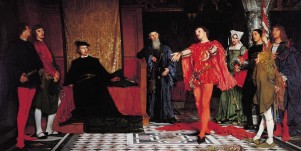 When we speak about Shakespeare we can refer to him as the Philosopher-Artist. An artist who succeeds, in his work, in investigating the depth of the human existence and his relationship with the gods and the universe. Shakespeare, a wizard of words, is a symbol of an artist whose work lives forever because it touches the heart of the human experience and asks questions that are and will always be relevant to human beings.
When we speak about Shakespeare we can refer to him as the Philosopher-Artist. An artist who succeeds, in his work, in investigating the depth of the human existence and his relationship with the gods and the universe. Shakespeare, a wizard of words, is a symbol of an artist whose work lives forever because it touches the heart of the human experience and asks questions that are and will always be relevant to human beings.
Why Shakespeare? What makes him so special? Why have many of the playwrights of his time disappeared or were forgotten while he remains relevant? There is no rational explanation. During the course of history we see artists who have opened a channel to inspiration, who unveiled the mystery of existence. It is a great gift and a great responsibility.
To understand Shakespeare’s greatness we must understand the Elizabethan Theater in which Shakespeare was the brightest star.
This theater was born during the renaissance era in England under Queen Elizabeth’s reign. It was a very special theater because of its unique combination of the renewal of classical studies and medieval theatrical traditions.
Shakespeare’s plays are the best example of this theater and are the highest peak of its legacy. We will explore a few elements of Shakespeare’s plays and through them reveal his greatness.
“CHORUS:
O for a Muse of fire, that would ascend
The brightest heaven of invention,
A kingdom for a stage, princes to act
And monarchs to behold the swelling scene!”
(Henry V, Act 1, Scene 1.)
The Elizabethan Theater is a unique theater. A theater that combines the classical studies of the Renaissance era, that explored man, society and their connection to the universe, and the medieval theater that was performed in the town square, outside in daylight. A poor theater without much decoration, but with a lot of creativity and imagination. Shakespeare’s theater, as most of its kind in London, contained both worlds. The ‘Globe’ was an open theater, in the shape of a circle, the roof was open so the performances were in daylight, and the stage was bare. It was a world created by imagination and the power of the spoken word. We can see a good example of the magic of this theater in the beginning of ‘Henry V’, one of Shakespeare’s greatest historical plays, in which the chorus asks the audience:
“Suppose within the girdle of these walls
Are now confined two mighty monarchies,
Whose high upreared and abutting fronts
The perilous narrow ocean parts asunder:
Piece out our imperfections with your thoughts;
Into a thousand parts divide on man,
And make imaginary puissance;
Think when we talk of horses, that you see them
Printing their proud hoofs i’ the receiving earth;
For ‘tis your thoughts that now must deck our kings,
Carry them here and there; jumping o’er times,
Turning the accomplishment of many years
Into an hour-glass: for the which supply,
Admit me Chorus to this history…”
(Henry V, Act 1, Scene 1.)
It’s a wonderful thing to create a world through words and imagination. A chair on the stage becomes a palace, a painted tree on a cloth, a forest, and three armed men, a mighty army. This was Shakespeare’s theater and the tools to create this imaginary world were the words he wrote that stimulate our imagination until this very day. This is the real magic of theater: not rich scenery and special effects, but the ability of an actor and the spectator to create a world together. In this theater there were no boundaries between the actors and the audience (no fourth wall). On the contrary, the audience was invited into the world of the play, to be an active part in it. A wonderful example is King Henry’s speech to his army, convincing them to charge the enemy.
“KING HENRY V:
“Once more unto the breach, dear friends, once more;
Or close the wall up with our English dead.
In peace there’s nothing so becomes a man
As modest stillness and humility:
But when the blast of war blows in our ears,
Then imitate the action of the tiger…”
(Henry V, Act 3, Scene 1.)
King Henry’s men are not the only actors on stage, but all the spectators who become part of the theatrical world.
The audiences in Shakespeare’s theater were not passive spectators, but an active part of the story. This was the magic that brought together the noblemen with the peasants, the rich with the poor. Shakespeare not only gave them a show to look upon, but also a world to live in, even if it was only for a few hours. The audience was a part of Lear’s great storm, of Macbeth’s hideous crime, and Caesar’s cruel murder.
But Shakespeare’s words not only created a world outside of man, but also gave an expression to the inner world of the characters. In the renaissance era, the classical studies (philosophy, art, science, medicine, astronomy and many more) returned to the center of life. Human beings were no longer small subjects in the rulings of a furious God that taught them right from wrong. They had to listen to their own conscience and choose their destinies for themselves.
The psychological research had developed and Shakespeare is a wonderful example of the ability of an artist to shed light on the human psychological world. In his soliloquy (monologues in which the audience gets a glimpse of the character’s inner world, where they reveal their most intimate thoughts, doubts and desires and turn the audience into their confidante,) Shakespeare wonderfully describes the inner battle inside us between good and bad, virtues and desires, inner heaven or inner hell. Shakespeare creates a mirror of the heart and hands it to us through his wonderful plays. What better example to give than Shakespeare’s most famous soliloquy from ‘Hamlet’, where an indecisive prince turns to us for help. What is the right thing to do, he asks. To avenge my father, or die trying? Or to end my life right now?
“HAMLET:
To be, or not to be: that is the question:
Whether ‘tis nobler in the mind to suffer
The slings and arrows of outrageous fortune,
Or to take arms against a sea of troubles,
And by opposing end them? To die: to sleep;
No more; and by a sleep to say we end
The heart-ache and the thousand natural shocks
That flesh is heir to, ‘tis a consummation
Devoutly to be wish’d. To die, to sleep;
To sleep: perchance to dream: ay, there’s the rub;
For in that sleep of death what dreams may come
When we have shuffled off this mortal coil,
Must give us pause: there’s the respect
That makes calamity of so long life;
For who would bear the whips and scorns of time,
The oppressor’s wrong, the proud man’s contumely,
The pangs of despised love, the law’s delay,
The insolence of office and the spurns
That patient merit of the unworthy takes,
When he himself might his quietus make
With a bare bodkin? who would fardels bear,
To grunt and sweat under a weary life,
But that the dread of something after death,
The undiscover’d country from whose bourn
No traveller returns, puzzles the will
And makes us rather bear those ills we have
Than fly to others that we know not of?
Thus conscience does make cowards of us all;
And thus the native hue of resolution
Is sicklied o’er with the pale cast of thought,
And enterprises of great pith and moment
With this regard their currents turn awry,
And lose the name of action.–Soft you now!
The fair Ophelia! Nymph, in thy orisons
Be all my sins remember’d.”
(Hamlet, Act 3, Scene 1.)
All through the play, Hamlet takes us, through his soliloquies, to an inner journey in his soul. This is a journey we take with all of Shakespeare’s great characters. We are a part of King Lear’s agonizing madness, of Lago’s envy of Othello and his plan to destroy him, of Richard the 3rd’s viciousness and Richard the 2nd’s helplessness and many more…
What is most wonderful in Shakespeare’s characters is that we don’t see them as bad, good, weak or mad, but as human beings, capable of the most wonderful and the most horrible things, like all of us. The immense spectrum of emotions that we see in Shakespeare’s characters, are the same emotions that we recognize in ourselves. That is what makes Shakespeare great. That is what makes him immortal. In his greatest works, he strikes a chord with the essence of the human existence. Shakespeare causes us to turn our eyes in to our hearts and see there the greatness of man, and the horror that man can inflict upon the world and upon himself. He makes us realize that, like his characters, we have a choice in what kind of person we shall be and that heaven and hell are not foreign concepts in our existence, but they are the consequences of our actions and how we live our lives. Heaven and hell are inside us, and are manifested in us as conscience and virtues, as opposed to lust and lower desires. In Hamlet’s ‘speech to the players’, he gives the actors of a traveling theater that come to Elsinore several ‘professional advices’. But the key observation in his speech is not only true for the actors, but for art itself.
“HAMLET:
….the purpose of playing, whose end, both at the
first and now, was and is, to hold, as ‘twere, the
mirror up to nature; to show virtue her own feature,
scorn her own image, and the very age and body of
the time his form and pressure.”
(Hamlet, Act 3, Scene 2.)
In conclusion, this article did not contain all of the magnitude and depth of Shakespeare’s work, and did not intend to do so. It is impossible to capture the artistic wealth of Shakespeare’s work in such few words. The purpose of this article is to enlighten us as philosophers to the importance and the benefit we can extract from his work. We learn that art is a bridge between the eternal and the temporary and every great artist reveals in his work a piece of eternity. Through Shakespeare’s words, characters and deep understanding of human nature, we can touch the essence of the battle that is raging inside each one of us. Because every one of us is a hero and a coward, a noble hearted man and a villain, a wise man and a mad man. The only
question is – which character will we choose to portray in the play that is our life. Shakespeare’s words can give us inspiration to march on in this inner quest and constantly ask ourselves that question.
Image Credits: By www.sztuka.com.pl | Wikimedia Commons | CC BY-SA 3.0
If any images used in this article are in violation of a copyright, please get in touch with [email protected] as soon as possible. Appropriate action will be taken.Image References
By www.sztuka.com.pl | Wikimedia Commons | CC BY-SA 3.0
Permissions required for the publishing of this article have been obtained
Article References
Article first published by International Tristan Institute. Bibliography: Brocket, Oscar G., The Essential Theater, CBS College Publishing, 1984. Shakespeare, William, Henry V. Shakespeare, William, Hamlet.
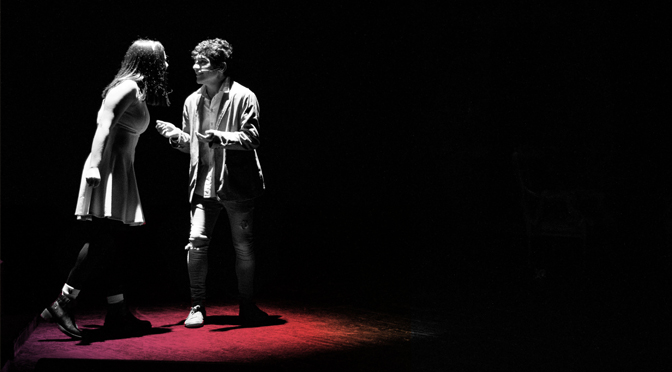
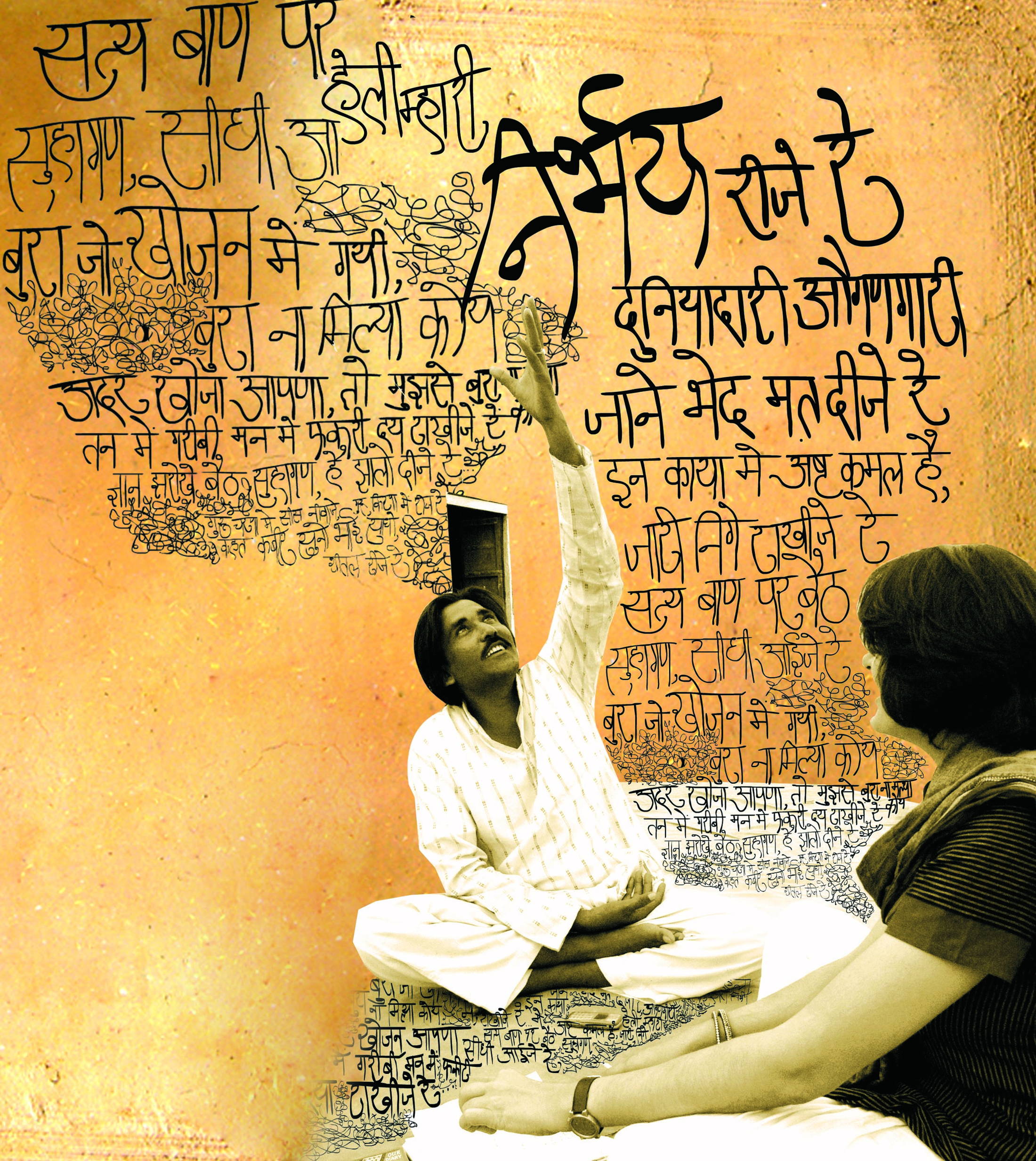
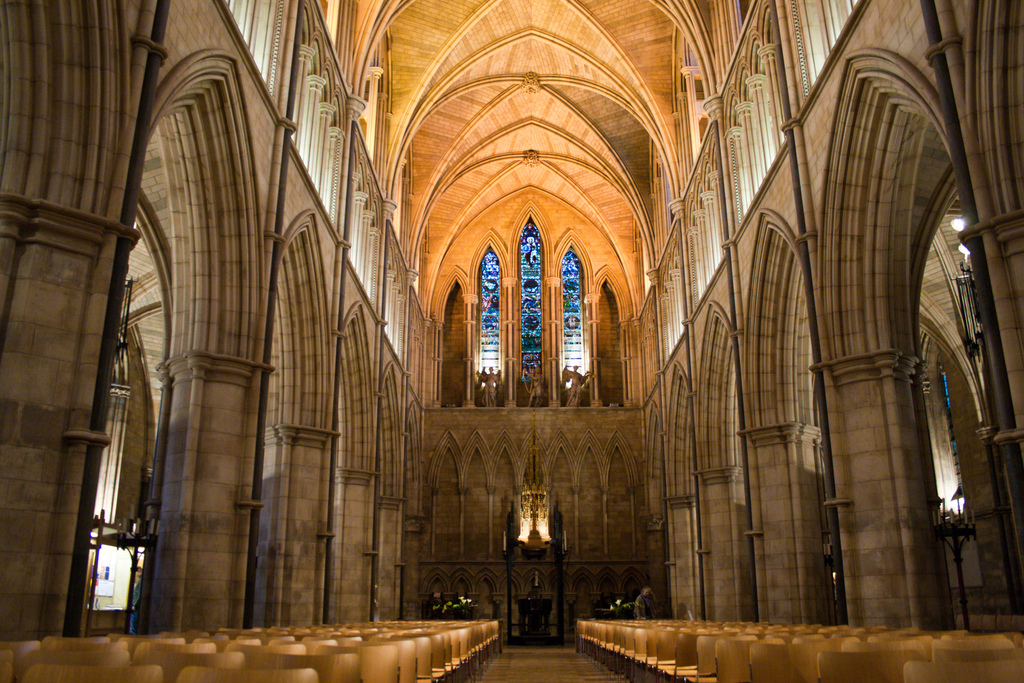
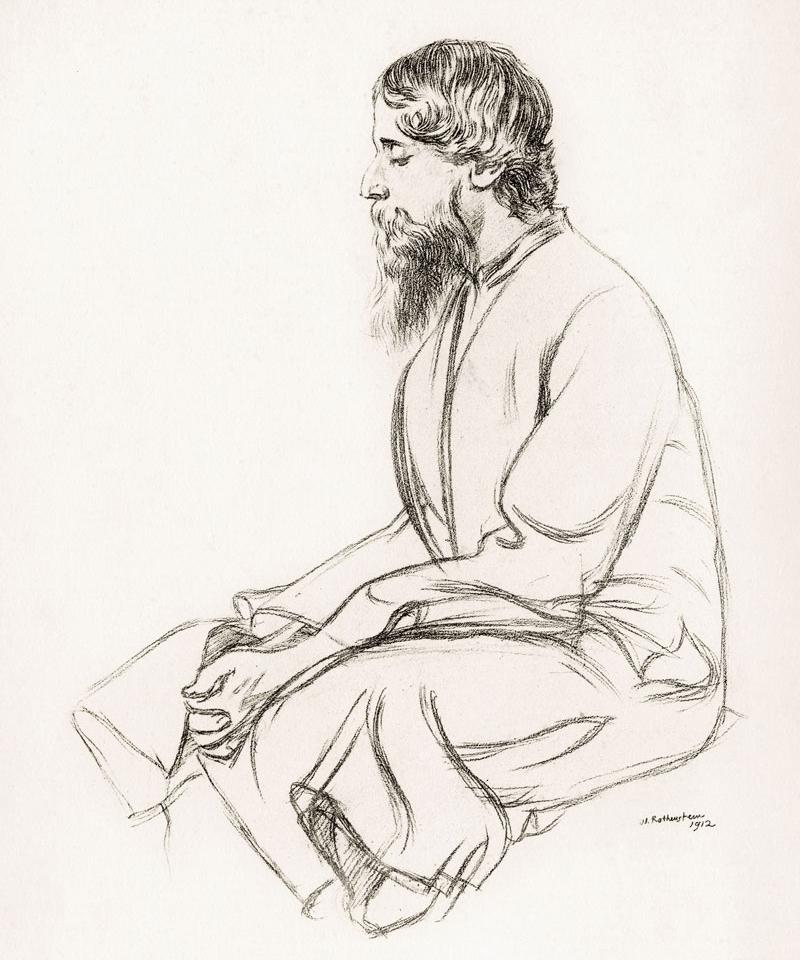
What do you think?